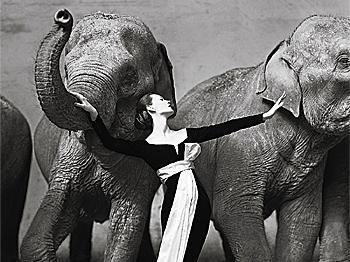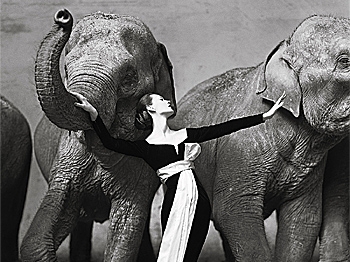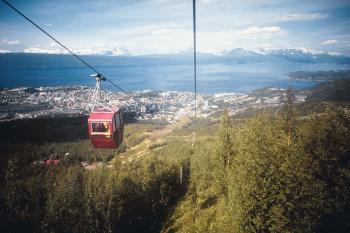As a child I dreamed of going on safari in Africa, and finally the moment arrived.
Kenya, a nation more than twice the size of Great Britain, has for decades remained a global destination for travelers from across the world, eager to embark on storybook-like safaris to view hundreds of exotic species of birds and animals that inhabit this vast land.
Beginning the Journey
A Swahili word for journey, “safari” is synonymous with this East African nation which in recent months has been immobilized by a political crisis. However, now it is set to shake off its tarnished image and re-emerge as a tourism hotspot.
Previously regarded as one of the most stable countries in Africa, Kenya’s reputation and billion-dollar tourism industry suffered a severe blow after sections of the country descended into crisis following the national elections in December 2007.
To better understand this “new Kenya,” I made my way to downtown Nairobi to the Exchange Bar located in the Stanley Hotel. It was there that I hoped to meet some locals and get their perspective on the situation.
Instead of raucous debate about life in Kenya, what I discovered was deafening silence. Without a single customer on that warm afternoon, kegs of beer remained untapped and the bar’s sumptuous leather chairs were empty.
Just a few steps away from the deserted bar is the Thorn Tree, a cafe where travelers can post notices on a community bulletin board. Largely ceremonial in its function today—displaced by cell phones and personal digital devices—the board still has a few notes tacked to it each week. A short message scrawled in pencil captured my attention.
“I hope for peace for all the people of Kenya,” it read.
It’s a thought possibly shared by the majority of Kenya’s 40 million people who support President Mwai Kibaki’s implementation of a power-sharing agreement with opposition leader Raila Odinga. Creating Kenya’s largest cabinet with 41 ministers, Kibaki in April invited Odinga to take the post of Prime Minister and help restore confidence in Kenya.
“I want to assure you all that I will do everything possible to ensure that our country Kenya is steered along the path of peace, unity, and stability, “said Kibaki in a speech announcing the members of the cabinet.
No Politics, Just Leisure
Leaving Nairobi and politics behind, I began the first leg of my safari by joining a group to drive 155 miles to Amboseli National Reserve.




